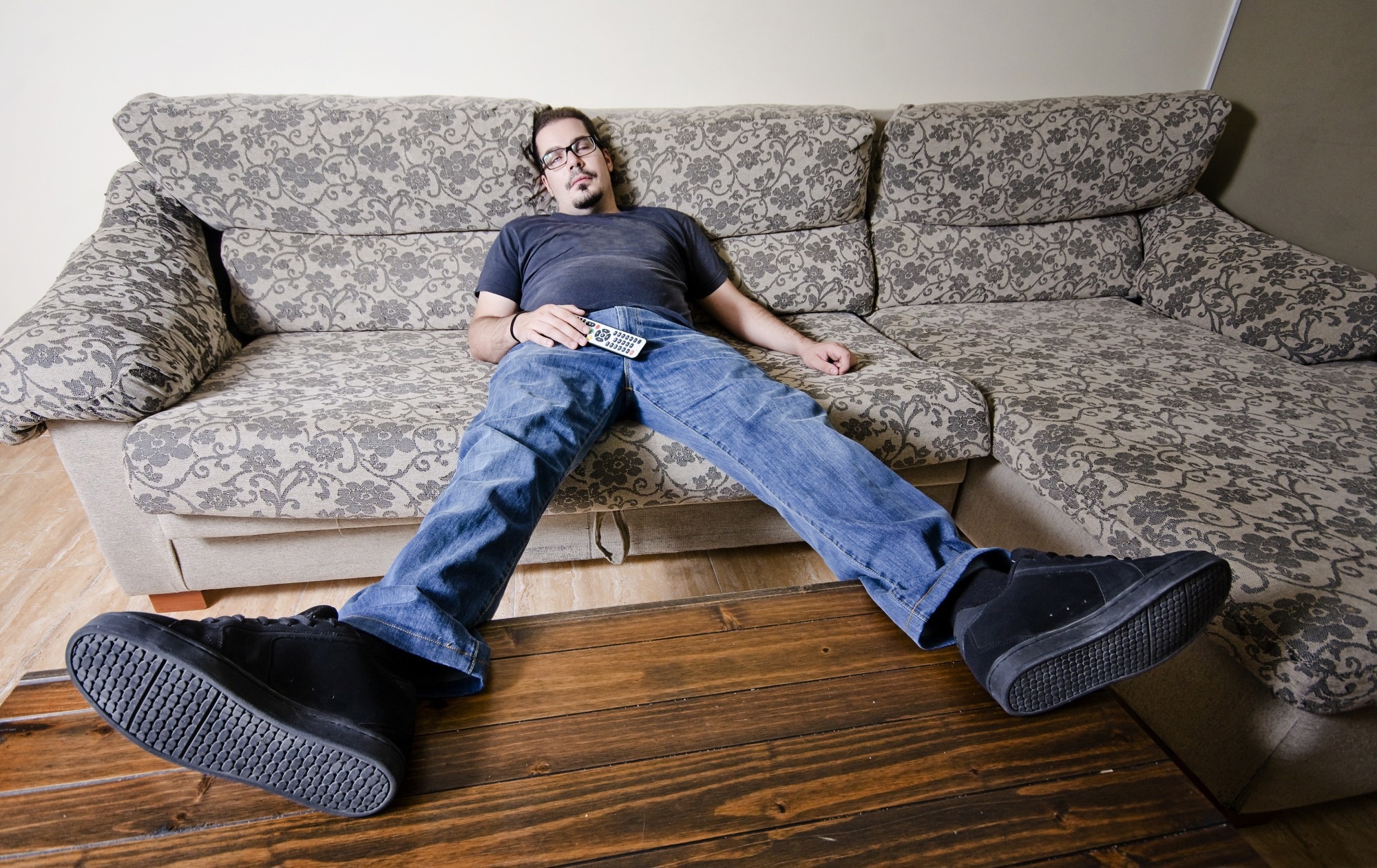MMike Josef (SPD) was elected mayor of Frankfurt on Sunday with 51.7 percent of the votes. There are still a few weeks left before the inauguration in May, in which he can prepare, but then six years will begin for the election winner, which will have to be used. “I would like to be mayor of all Frankfurters,” said Josef in the evening in the town hall. These are his most important tasks.
1. Represent the city appropriately.
Frankfurt’s reputation has suffered under Peter Feldmann. Be it escapades related to Eintracht’s European Cup victory, his refusal to resign despite being charged with accepting an advantage, the complex procedure to vote out the mayor – Frankfurt recently gave a bad picture without any need. All of that should be different now. Mike Josef has the opportunity to do so shortly after his inauguration on May 12th. On May 18, just a week later, the Main metropolis will be the focus of national interest when the 175th anniversary of the National Assembly, the first German parliament, is celebrated at the historic site, the Paulskirche.
2. Run the administration properly.
Peter Feldmann tailored the town hall as much as possible to his self-portrayal needs, for example by merging the main office with the press and information office. But a strong administration needs independence. The mayor is the head of the authority, but the authority itself needs structures that allow it to work undisturbed.
3. Make the magistrate work.
The local elections have been over for two years. In May 2021, an unusual alliance of Greens, SPD, FDP and Volt came together to govern for the next five years with a majority in the city council and their own staff in the full-time magistrate. But little has happened. The new mayor should motivate, arrange which tasks are tackled first, and, if in doubt, settle disputes between the departmental heads. The city government is in dire need of a manager who will turn wanting into action.
4. Giving direction to the city.
Frankfurt is unsettled. What will happen to the airport when other hubs become more important, when air traffic comes under pressure because of emissions? What prospects does the financial center have in a time of industrialization in the banking sector and ongoing consolidation? How can the city keep up with international competition and possibly improve its position? How can the environmental pollution be reduced, how can the quality of life in Frankfurt be maintained despite the increasing population? Many questions, at least some of which the mayor should know the answer to.
5. Settling conflicts in transport policy.
The city’s transport policy is met with approval by some and annoyance by others, and the waves are particularly high in the north end. A mayor should have the ambition to weigh the different interests against each other, to look for compromises. Anyone who seriously wants trains, buses and cycling to become more important should not try to achieve this by polarizing opinions. And Frankfurt is urgently dependent on the many commuters, who also need to be taken into account.
6. Find the solution for opera and drama.
The municipal theaters on Willy-Brandt-Platz are to be demolished because they are obsolete. But what to do with the new buildings for opera and drama? The city has been discussing this for far too long, and a few weeks ago the head of the culture department made a suggestion. The new Lord Mayor should also play a leading role in this discussion and, above all, urge that a location be found quickly so that architectural competitions can be advertised. Not every municipal political task has to take decades to complete.
7. Maintain contact with business.
Frankfurt’s business model is very simple: Prosperity is generated in the companies, and the outstanding social and cultural infrastructure can be financed with the tax payments of the companies and employees. It is all the more important that the mayor is the city’s most important economic promoter. What do the companies need, are they threatening to move, how can they be kept? How can entrepreneurs and managers become more part of urban society than before? Talking always helps.
8. Be truly “citizen” masters.
In smaller towns it’s very simple: everyone knows their mayor, and on Saturdays you can meet him in the market square. In Frankfurt, that is inevitably not the case. Nevertheless, the mayor should be seen as much as possible with those who don’t constantly run into him because of their function anyway. The Lord Mayor of all Frankfurt is also the Lord Mayor of Fechenheimer, Sossenheimer and Sindlinger.
9. Go to the opera premieres.
Cultural policy is one of the flagship disciplines in the municipalities, culture has a value in itself, but also determines the image of a city. How nice when those who work in the cultural world, often to the point of exhaustion, know that the mayor is by their side.
10. Take time to think.
No one is asking the new mayor to fly through Frankfurt like a bouncy ball and be everywhere and nowhere. Mayor of Frankfurt – what could be nicer? So he can close the heavy door to his office behind him, refuse to be disturbed and think about how the city that the citizens have entrusted to him should continue – on a holiday on which they elected the new mayor .










